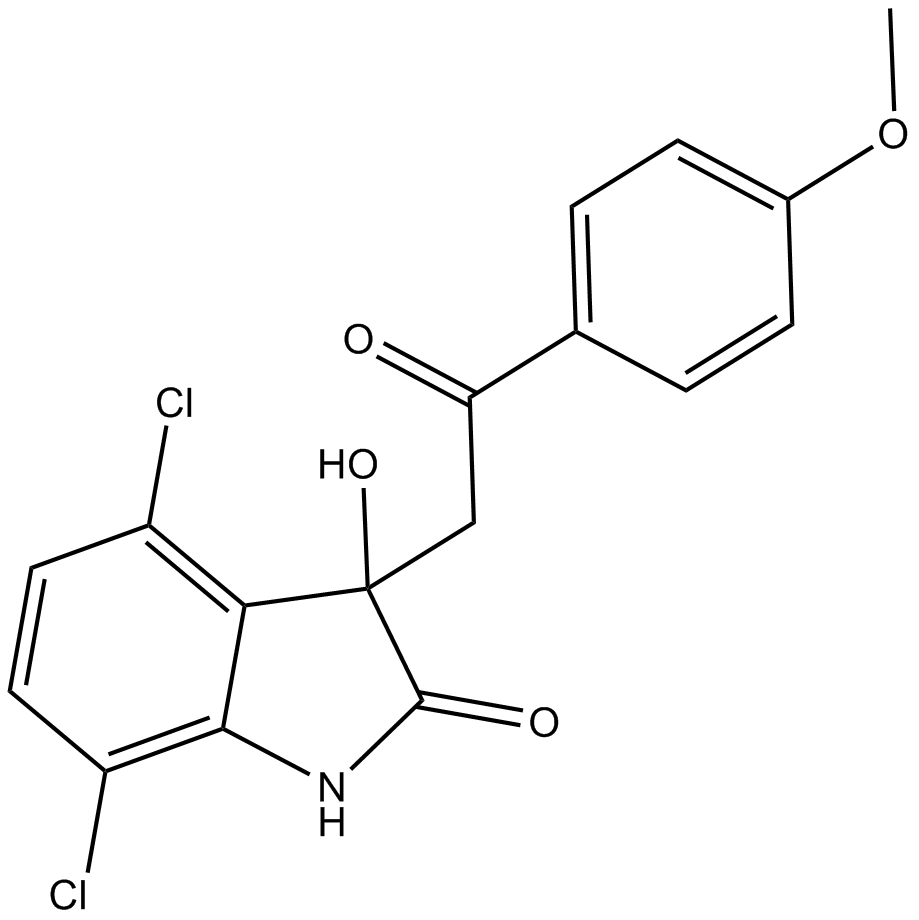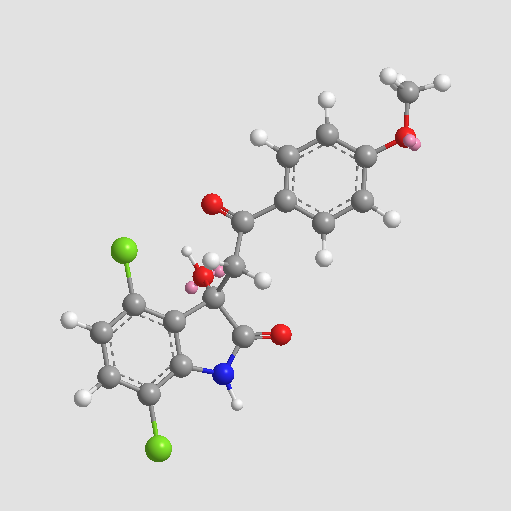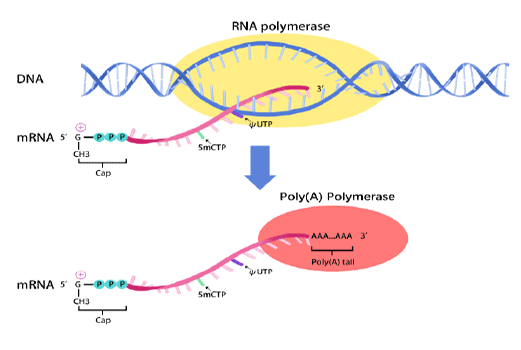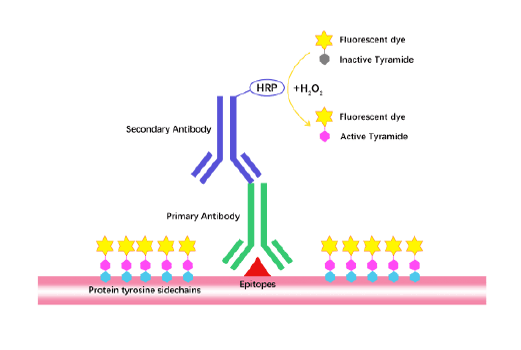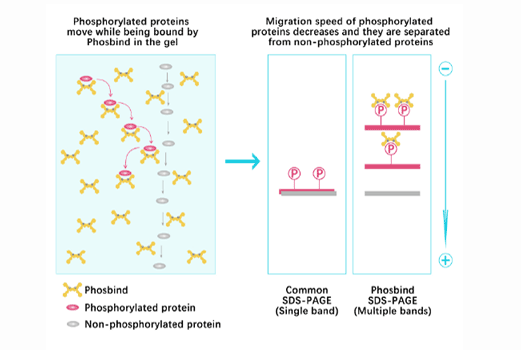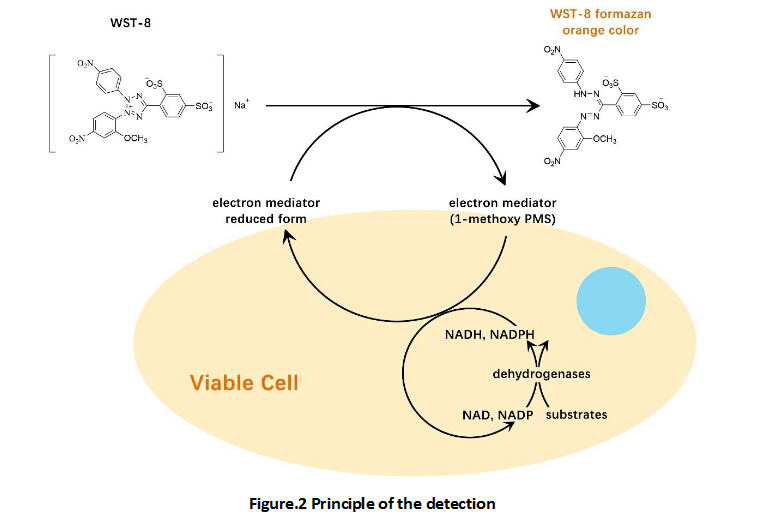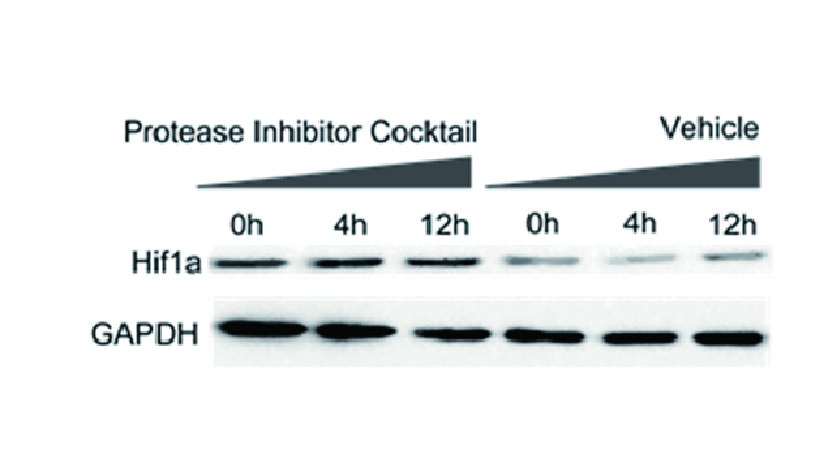YK-4-279
YK 4-279 is an inhibitor of RNA Helicase A (RHA) binding to the oncogenic transciption factor EWS-FLI1.
EWS-FLI1 is a disordered protein that precludes standard structure-based small-molecule inhibitor design. EWS-FLI1 binding to RNA helicase A (RHA) is important for its oncogenic function.
In vitro: ESFT cells treated with YK-4-279 showed a dissociation of EWS-FLI1 from RHA by 10 mM, consistent with the KD value. The EWS-FLI1–transfected cells showed a dose-dependent decrease in promoter activity when treated for 18 h with 3 mM and 10 mM YK-4-279. YK-4-279 was relatively specific for ESFT cells as compared to the nontransformed HEK293 cells [1].
In vivo: The tumor growth rate of YK-4-279–treated mice bearing CHP-100 was lower than that in mice having PC3 prostate tumors. The cumulative data from five independent experiments with the ESFT xenografts (TC71 and CHP-100) show a marked overall tumor reduction in the YK-4-279–treated mice. Pathological analysis of mice treated with YK-4-279 did not show any signs of toxicity, except for sterile inflammatory lesions in the abdominal cavities of mice [1].
Clinical trial: No clinical data are available currently.
Reference:
[1] Erkizan HV, Kong Y, Merchant M, Schlottmann S, Barber-Rotenberg JS, Yuan L, Abaan OD, Chou TH, Dakshanamurthy S, Brown ML, Uren A, Toretsky JA. A small molecule blocking oncogenic protein EWS-FLI1 interaction with RNA helicase A inhibits growth of Ewing's sarcoma. Nat Med. 2009;15(7):750-6.
| Storage | Store at -20°C |
| M.Wt | 366.2 |
| Cas No. | 1037184-44-3 |
| Formula | C17H13Cl2NO4 |
| Synonyms | YK 4-279 |
| Solubility | insoluble in H2O; ≥16.35 mg/mL in DMSO; ≥24.25 mg/mL in EtOH with ultrasonic |
| Chemical Name | 4,7-dichloro-3-hydroxy-3-[2-(4-methoxyphenyl)-2-oxoethyl]-1H-indol-2-one |
| SDF | Download SDF |
| Canonical SMILES | COc(cc1)ccc1C(CC(c(c(N1)c(cc2)Cl)c2Cl)(C1=O)O)=O |
| Shipping Condition | Small Molecules with Blue Ice, Modified Nucleotides with Dry Ice. |
| General tips | We do not recommend long-term storage for the solution, please use it up soon. |
| Cell experiment [1-3]: | |
|
Cell lines |
VCaP cells, LNCaP cells |
|
Preparation method |
The solubility of this compound in DMSO is >16.35 mg/mL. General tips for obtaining a higher concentration: Please warm the tube at 37 ℃ for 10 minutes and/or shake it in the ultrasonic bath for a while. Stock solution can be stored below -20℃ for several months. |
|
Reacting condition |
10 μM, 48 hr |
|
Applications |
YK-4-279 inhibited ERG and ETV1 mediated transcriptional activity. YK-4-279 bound to ERG with an affinity (KD) of 11.7 μM and bound to ETV1 with an affinity of 17.4 μM. In LNCaP cells, YK-4-279 (1 μM) resulted in decreased gene expression of MMP13 without significant reduction in ETV1 levels. In VCaP cells, YK-4-279 (10 μM, 48 hours) decreased expression of PLAU, ADAM19 and PLAT mRNA. YK-4-279 inhibited VCaP (10 μM) and LNCaP (1 μM) cell invasion of HUVECs. YK-4-279 (10 μM) inhibited motility in a scratch assay in high-passage LNCaP cells. YK-4-279 showed anti-proliferative activity with the IC50 values of 1 and 8 μM in primary cell lines ES925 and GUES1. YK-4-279 induced caspase-3 activity in four ESFT cell lines (TC32, A4573, TC71, and ES925). Treatment of TC32, HEK293, HFK, and HEC with short-term (6 hours) high dose (50 μM) YK-4-279 resulted in significant apoptosis of the ESFT cells. In LNCaP-luc-M6 cells, YK-4-279 (1 μM) significantly reduced mRNA levels of several ETV1 target genes, including MMP7, MMP13, FKBP10 and GLYATL2, without affecting the expression of ETV1. YK-4-279 treatment of LNCaP-luc-M6 cells resulted in a significant decrease in cell migration. |
| Animal experiment [2,3]: | |
|
Animal models |
SCID/bg mice bearing ESFT (orthotopic) or prostate cancer cell xenograft tumors, SCID/beige mice subcutaneously injected with LNCaP-luc-M6 |
|
Dosage form |
Intraperitoneal injection, 1.5mg/dose, three times per week; 75 mg/kg YK-4-279 three times a week and 150 mg/kg YK-4-279 five times a week |
|
Application |
YK-4-279 (1.5 mg/dose i.p.) inhibited the growth of ESFT xenograft tumors. In SCID/beige mice were subcutaneously injected with LNCaP-luc-M6 cells, YK-4-279 (75 mg/kg YK-4-279 three times a week and 150 mg/kg YK-4-279 five times a week) reduced tumor growth and inhibited lung metastasis. YK-4-279 treatment resulted in decreased gene expression of MMP7, GLYATL2 and FKBP10 in LNCaP-luc-M6 animals. |
|
Other notes |
Please test the solubility of all compounds indoor, and the actual solubility may slightly differ with the theoretical value. This is caused by an experimental system error and it is normal. |
|
References: [1]. Rahim S, Beauchamp E M, Kong Y, et al. YK-4-279 inhibits ERG and ETV1 mediated prostate cancer cell invasion[J]. PloS one, 2011, 6(4): e19343. [2]. Erkizan H V, Kong Y, Merchant M, et al. A small molecule blocking oncogenic protein EWS-FLI1 interaction with RNA helicase A inhibits growth of Ewing's sarcoma[J]. Nature medicine, 2009, 15(7): 750-756. [3]. Rahim S, Minas T, Hong S H, et al. A small molecule inhibitor of ETV1, YK-4-279, prevents prostate cancer growth and metastasis in a mouse xenograft model[J]. PloS one, 2014, 9(12): e114260. | |
| Description | YK-4-279 is an inhibitor of RNA Helicase A (RHA) binding to the oncogenic transciption factor EWS-FLI1 | |||||
| Targets | RNA Helicase A | |||||
| IC50 | ||||||
Quality Control & MSDS
- View current batch:
Chemical structure
